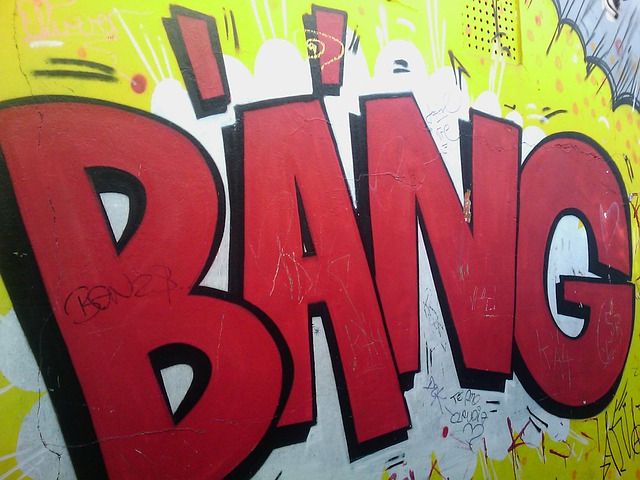
Now a year since studying Museum and Art Gallery Masters degree I have come to a number of affirmations in regards to a career in the arts sector. Alongside completing various unpaid internships and work experience, I find it easy to believe the Guardians’ publication from February 2014 that if you want to get into the arts, it helps to come from a wealthy background to be able to afford the ‘London centric’ costs as well as have some kind of access to the gatekeepers of the privileged clubs.
“The economic benefits of visual art in the UK are clear. Over 37,000 people work in the visual arts sector, bringing an economic contribution of £1.9 billion each year.There are more than 40 million visits to the UK’s galleries and museums a year, including over 7 million by overseas tourists.”
Source: The VisualArts Blueprint & Visual Arts and Galleries Association: Facts and Figures
The recent Paying Artists Campaign commissioned by a-n arts reveals how those who work in the arts sector abroad are more valued than here in the UK. Those countries include Canada, Norway, Sweden and Poland. Depending on what path you want to take in the arts, most of them depend on your socio-economic background such as age, sex, class, geography and qualifications. Furthermore, due to changing shifts in attitude towards how we access the arts and its portrayal in the media, the artist and curator have become interchangeable terms, leaving people debating about definitions of the two titles now that more people without a MA in Curating call themselves curators.
Since 2009 I have interned at two galleries in London; luckily I lived near but expensive train fares still came from my pocket. Working for free in the private sector left me disillusioned, making art feel like a commodity made for the purpose of corporate collections. I worked at FRIEZE art fair in 2011 and very much felt welcomed into their East London abode just off Shoreditch high street; they happily answered questions I had later on towards my dissertation on corporate collections and sponsorship.
One year ago I decided to try make it on my own. I enrolled on an infamous University enterprise scheme to start a not-for -profit arts organisation and decided to do what I love, even if it meant having a different job on the side. Instead of making profit, I decided giving back was the better option, so people would never assume I was in it to exploit others in such a small art scene in the Midlands. As a result, its given me experience in curating, project and artist management and even the basics of running a business. I’ve also met more down to earth people with art at the heart of their interests, making a living selling prints and zines. That underground world is where you find the most cutting edge art, the undiscovered with lots of potential such as Triple OG in Nottingham. I think the motto that resounds in my head in regards to our generation is that we have to start being the producers rather than consumers.
Coming from an arts background, you are a bit different to everyone else. You don’t follow mainstream trends or think you belong in a marketing or PR job because being in ‘the arts’ means knowing who went to Goldsmiths in the 1990’s and knowing which gallery they are represented by today. The arts are treated quite separately to other industries because the market is not always easy to predict and times are getting harder with cuts being made to local authorities, whereas the private art sector is booming worldwide. I think this says a lot about our world today, much like Huxley’s Brave New World predicted, globalisation struggles to celebrate difference and individuality and no one cares about inter-contextual references anymore, at least thats what it feels like.
One consistent factor in a bid to gain a job in the arts sector is much like any other: it is probably about who you know and contacts you make. The best place to start however, is by doing your own research, and I mean serious research. For example, what not-for-profit organisations are in your area, are they involved in cutting edge contemporary or digital arts? What online blogs do you read the most and could you write for them? Nothing can be more awkward than setting foot into a contemporary art exhibition without knowing anyone and feel like people are a little intimidating, but if you want to learn you need to know the subject or step out of your comfort zone to mingle. There are so many organisations and collectives popping up in the country and successfully receiving funding with enough teamwork and effort, but its a fact they still need to support themselves with another income.

My advice is to be realistic. You can be as optimistic or career driven as you wish to be as your situation could be far different from mine. I believe that as long as I am always in touch with the creative industry whether through writing, researching or curating my own exhibition, that is what matters. So far in 2014 I have written for Nottingham Visual Arts Magazine and started blogging regularly for Prowl House, a emerging arts publication promoting humanistic values. I have also hosted two exhibitions with my organisation Nineteen Degrees and we supported numerous events with live art, thus supporting local young artists from Leicester.
We need to make sure the arts don’t die or become more gentrified. The digital arts is what’s happening now, involving people from scientific and technological backgrounds rather than traditional art and craft. Museums may now give way to become large arts centres such as the new Birmingham Library. This means a loss of jobs but it doesn’t always mean lack of opportunities, even if you have to create your own. Find your angle on the world or in the arts and do something about it, but just remember to be human about it. There are social enterprise schemes out there and organisations such as Somewhere_To offering free spaces for people under 25, and of course like most things in life, its about timing and luck.
About Author: Yas Rix is an avid follower and writer of the digital and contemporary arts.

